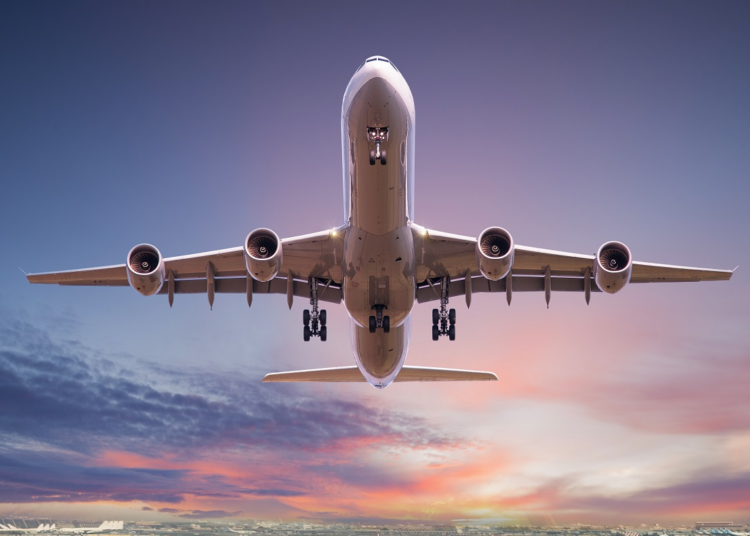Nigeria’s aviation industry generated N215.6 billion for the nation’s Gross Domestic Product (GDP) in 2023, with three states — the Federal Capital Territory (FCT), Lagos, and Rivers contributing N150.9 billion. This represents 70.04 per cent of the sector’s total output
The National Bureau of Statistics (NBS), which disclosed this in its latest state GDP report on aviation, said the figures highlight the dominance of the three hubs in driving the air transport sector and, by extension, contributing to the country’s overall economy.
According to the breakdown, the FCT led the pack with N69.88 billion, representing 32.4 per cent of the total air transport GDP. Lagos followed closely with N62.64 billion or 29 per cent, while Rivers placed third with N22.91 billion, accounting for 10.6 per cent. The three states accounted for N150.9 billion of the sector’s contribution.
Other states in the top 10 included Delta with N10.27 billion, Kano with N7.41 billion, Imo with N6.74 billion, Enugu with N5.72 billion, Edo with N5.17 billion, Akwa Ibom with N4.45 billion, and Borno with N2.66 billion.
The combined contributions of these states pushed the total share of the top 10 to more than 95 per cent of the air transport GDP in 2023, confirming the highly centralised nature of aviation activities in Nigeria.
At the lower end, some states barely recorded any air transport activity. Benue posted just N38.54 million, Jigawa N53.76 million, Niger N15.09 million, Kebbi N249.11 million, and Bauchi N264.37 million.
In addition, several states — Abia, Bayelsa, Ekiti, Kogi, Nasarawa, Ogun, Osun, Taraba, Yobe, and Zamfara — recorded no aviation-related GDP during the year under review.
This is due to their having limited or no significant commercial airport operations.
The concentration of aviation activities in a few states, according to industry observers, reflects the strength and weakness of Nigeria’s air transport sector.
While cities like Abuja, Lagos, and Port Harcourt are major gateways for domestic and international flights, large parts of the country remain underserved, limiting the spread of aviation’s economic benefits.
Supporting the NBS data, the Federal Airports Authority of Nigeria (FAAN) reported that the aviation sector contributed $1.7 billion to Nigeria’s GDP in 2023.
Passenger traffic figures also underscored the scale of the industry’s role in national growth, with more than 16 million passengers moving through domestic terminals and over 3.5 million travelling through international airports during the year.
The numbers highlight the vital role of air transport in linking Nigeria’s regions and supporting business, trade, and tourism. However, the development also points to challenges: limited infrastructure outside a few key states, uneven distribution of aviation investment, and the need to expand air connectivity to more parts of the country.
The NBS report provides an economic map of Nigeria’s aviation realities. The heavy reliance on Lagos, Abuja, and Port Harcourt — already the busiest aviation corridors in the country — indicates that sustained growth in the sector will depend on deepening capacity in these hubs while extending services to other states.
As passenger numbers continue to rise, with more Nigerians using air travel for both domestic and international journeys, the pressure on existing facilities is expected to increase. According to experts, this further calls for expanding and modernising Nigeria’s airports to keep pace with growing demand.
For now, Abuja, Lagos, and Rivers remain the clear leaders in air transport activity, with their combined N150.9 billion contribution underscoring their dominance.





